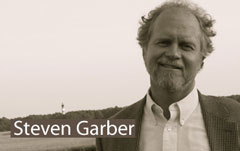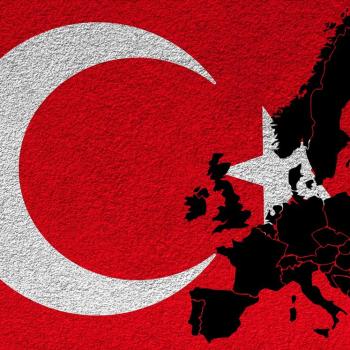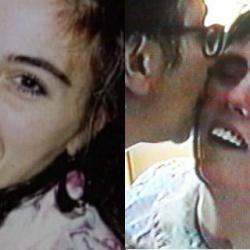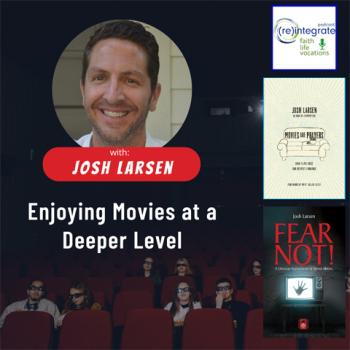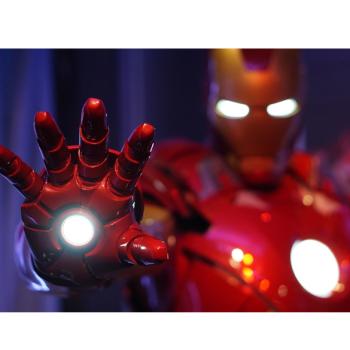“Don’t leave your brains at the box-office.”
They are words that I try live by, hard as it is. Having a lifelong love for movies, all the way back to the Varsity Theater in Davis, CA for Saturday morning matinees when I was a little boy, I have spent hours of my life setting in one more time to a good story, cinematically-told.
Along the way I met Donald Drew (author of Images of Man: A Critique of the Contemporary Cinema), who one day brought me with him to see a film, and he took out of his pocket a piece of paper and a pen. I asked him, and he said, “We don’t leave our brains at the box-office, do we?” Not arrogantly, not superciliously, but simply, straightforwardly explaining that he was going to think carefully and critically about what we were going to see. He caught my heart, and I have been trying to do that ever since. Donald has taught me much.
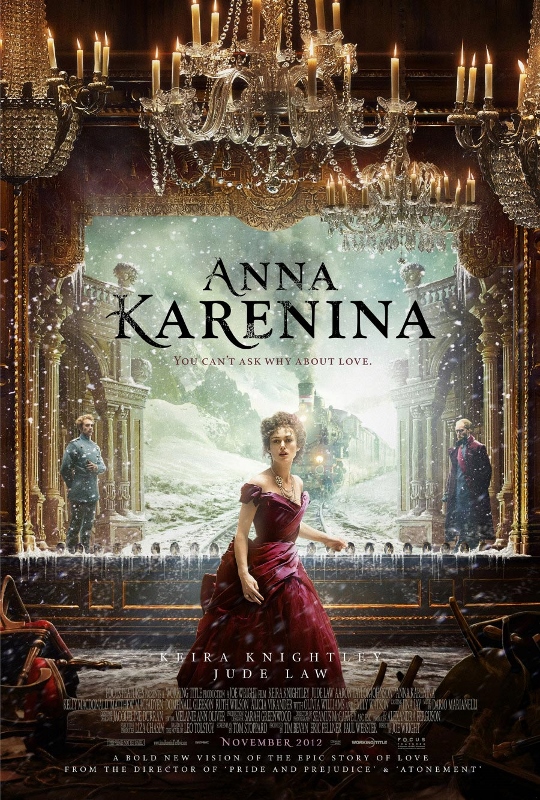 Which brings me to the film, “Anna Karenina,” which some in our family saw the other day. Even the afternoon matinee was completely packed out, which was intriguing. I had read a few reviews and knew something of the theatrical treatment of the story, but given that I think Tolstoy’s tale of two marriages is one of the best books ever written, I was up for seeing it afresh. William Faulkner said of the story that it was “the best ever written.” Not a small thing.
Which brings me to the film, “Anna Karenina,” which some in our family saw the other day. Even the afternoon matinee was completely packed out, which was intriguing. I had read a few reviews and knew something of the theatrical treatment of the story, but given that I think Tolstoy’s tale of two marriages is one of the best books ever written, I was up for seeing it afresh. William Faulkner said of the story that it was “the best ever written.” Not a small thing.
For its two-plus hours, it is wonderfully-done: beautifully-imagined, well-acted, tenderly-told, and when it was all over I was pleased. There is no way that the complexity and nuance of the novel could be captured in a film. So the director and the screenwriter are making choices, for good or not, about how to the tell the story in a way that is fair, but is at the same time their own work of art too. I get that, and honor that.
But there was a false note.
Both Meg and I noticed, but didn’t talk about it until we were walking down the street. At the heart Tolstoy’s “Anna” is a Russian novel-length study of the moral meaning of marriage. We are offered two stories, two marriages twined together, Anna and Alexei Karenina, and Konstantin and Kitty Levin. Because of the grandeur of Tolstoy’s vision and skill, we are offered many windows into the lives of these four people. Over time, and the novel does take time, we begin to know them, as we see ourselves, and our family and friends in them.
As Walker Percy never tires of reminding me, “Bad books always lie. They lie most of all about the human condition.” Tolstoy’s tale is a good book, a very good book, and is so because at its heart it tells the truth about us, human beings that we are.
There is a conversation between Anna and Dolly, her sister-in-law, long into Anna’s adultery with Vronsky. Anna wants to know what she thinks. The conversation that takes place represents a fantasy and fiction, not the world that is really there, or the one that Tolstoy offers in the novel. The film’s Dolly responds that she “wishes that she was as brave” as Anna, and sighs over her lack of courage to be unfaithful to her vows too, viz. she had not committed adultery because “no one has asked me.” I remember wincing, knowing Tolstoy well, and knowing the novel well, thinking, “I don’t think so.”
And so I came home, and this afternoon began searching through the novel, wondering if I could find the conversation. I did. In Part Six, there are several chapters given to Anna speaking to her sister-in-law Dolly “of several matters near her heart.” Knowing what we know of Anna at this point, and of Dolly, we know that Anna has a well-developed practice of hearing what she wants to hear, of knowing what she wants to know. “As if she half-shut her eyes to own life, so as to not see everything.” Most and especially about the moral meaning of marriage.
Moral meaning is about reality. About the world we actually live in– not pre-modern/modern/post-modern imaginative leaps into worlds that do not exist because they cannot exist. That is, unless we choose to so skew ourselves and the world around us, pretending that we are really different than we can possibly be. Some kinds of loves only destroy, both souls and societies, in the world that is really there.
And in the world that really is, Dollys do not say to Annas, “I wish that I was as brave as you… languishing as you are, in torment as you are, full of sorrow as you are.” The only people who say things like that are people lying to themselves about themselves, the Annas of Tolstoy, people who “half-shut” the eyes of their hearts “so as not to see everything.” Like the truth of the human condition, sons of Adam and daughters of Eve that we are. As my all-time favorite Esquire magazine essay once put it, “If you want frustration, guilt, and anxiety, try adultery.” Always, for everyone everywhere.
It is why we should not leave our brains at the box-office.
